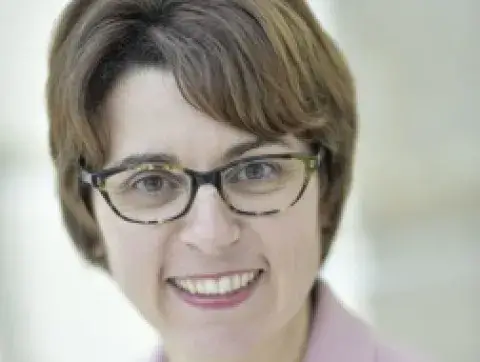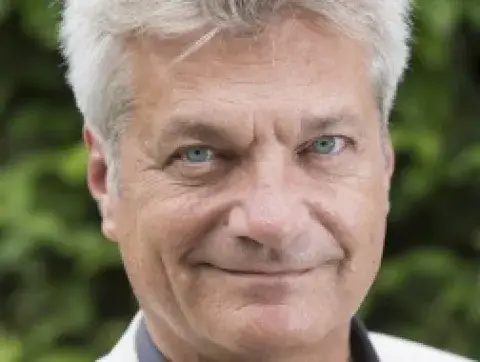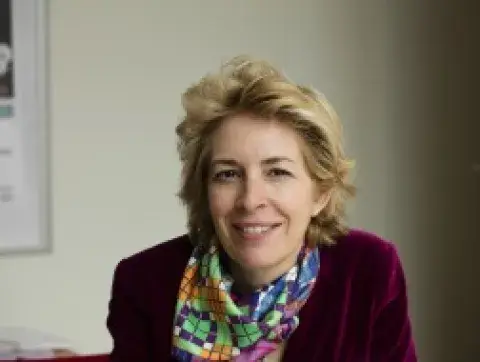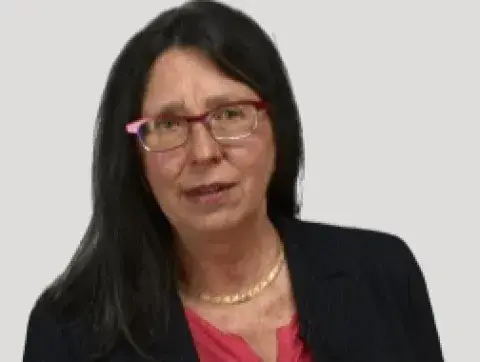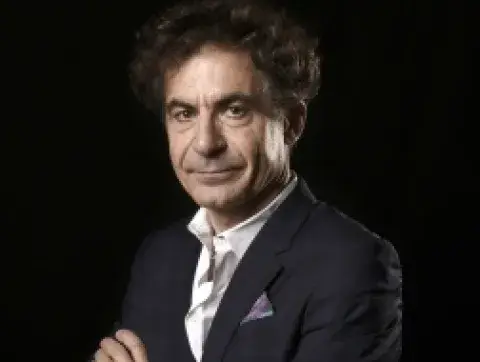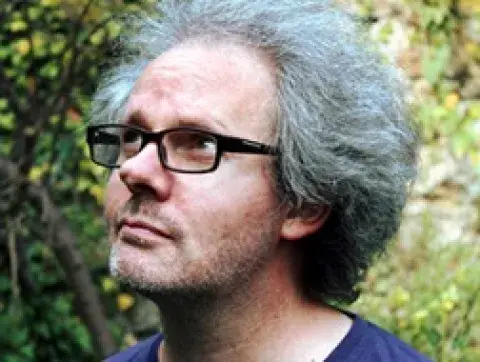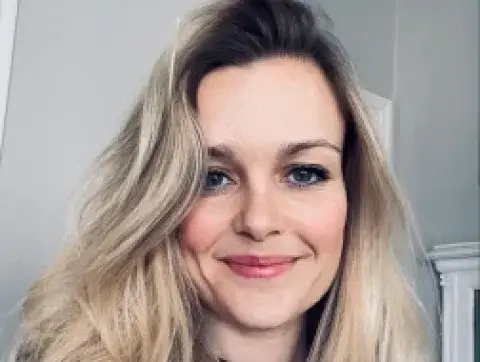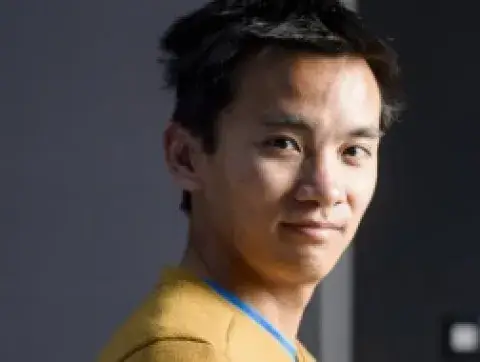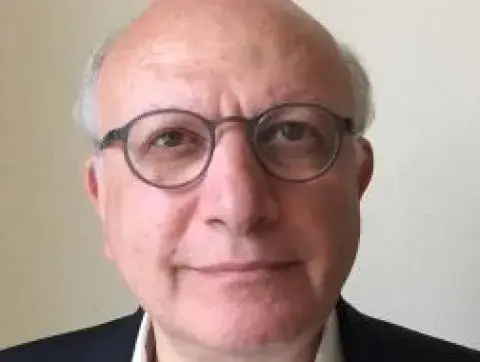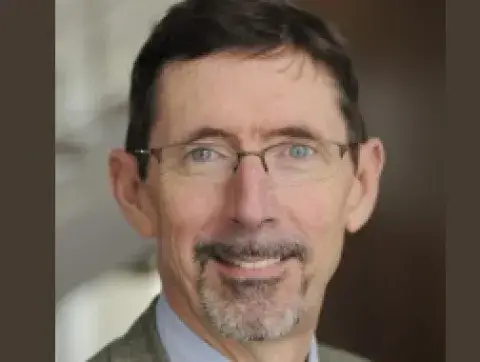The Data and AI Ethics Council is an advisory and independent body. Its members support the company’s implementation of ethical, responsible and transparent principles governing the use of Artificial Intelligence and data processing technologies.
By drawing up ethical guidelines for transparency, fairness and good governance, data and AI technologies can positively contribute to meeting the major challenges of our time. For many years, Orange has been proactive in its use of responsible digital technology, and the Data and AI Ethics Council illustrates this commitment.
It also reflects Orange’s desire to strengthen the bond of trust among customers, employees and stakeholders, in connection with our official purpose, and to become a benchmark player in this field.
Make up and missions
Orange’s Data and AI Ethics Council is made up of 11 members, selected for their independence and neutrality, their expertise on these topics, and the diversity of their backgrounds.
The council’s mission is to define an ethical framework for AI and Data, excluding regulatory obligations, in line with Orange’s values and purpose. It also oversees and advises the Executive Committee on governance and the concrete use cases that are referred to it. Finally, it monitors the company’s implementation of the ethical principles validated by the Executive Committee, as defined in the Orange Data and AI Charter.
Each member is committed to providing Orange with their international expertise and independent standpoint to advise on ethical issues relating to the Group's AI-based and data processing systems.
Claire Levallois-Barth
Claire Levallois-Barth is an Associate Professor in law at Télécom Paris, a graduate school of the l’Institut Mines-Télécom and the Institut Polytechnique de Paris. She is a researcher at the Interdisciplinary Institute of Innovation (Institut Interdisciplinaire de l’Innovation – I3) a joint unit of the French National Centre for Scientific Research (CNRS).
She is also Coordinator of the Chair Values and Policies of Personal Information at IMT, a member of the French Digital Ethics Steering Committee (Comité pilote d’éthique du numérique), the scientific committee of the International Cybersecurity Forum (FIC), the Data Privacy Expert Panel of AXA and the Ethics Committee on Artificial Intelligence of Pôle Emploi, the French employment agency.
Mark Hunyadi Haulot
From 2004 to 2007, he was Professor of moral and applied philosophy at Laval University in Quebec. In 2010, he founded the Center Europé at UCL, where he is also part of Louvain Bionics, a research center dedicated to the interface between robotics and medicine.
He has carried out numerous studies on the ethics of technologies (in particular digital), a theme that he is developing further through his collaboration with the Institut-Mines Télécom, where he is an Associate Professor and through his teaching as a guest professor at the EHESS in Paris. His latest book, which researches trust, was published in November 2020 under the title “Au début est la confiance”.
Cécile Dejoux
Cécile Dejoux is a human resources and management professor, researcher and e-learning specialist at CNAM, specializing in the field of management and HR in the digital era, post-Covid management, AI for all, agile and collaborative leadership. She is also Associate Professor at the ESCP BS.
A specialist in e-learning she designed the first MOOC in France “From manager to leader: become agile and collaborative”. In 2020, she launched the MOOC “AI for all!” and in 2021 “Management post-Covid”. In 2015, she created “Le Learning Lab Human Change” at CAN< where she is project leader on digital learning and teaching using action research principles. She has published more than 20 scientific studies including “Ce sera l’IA et moi”.
Françoise Soulié Fogelman
Françoise Soulié Fogelman est conseiller scientifique au Hub France IA. Elle a plus de 40 années d’expérience en Intelligence Artificielle (réseaux de neurones, machine learning et analyse des réseaux sociaux) aux plans académique et industriel.Françoise Soulié Fogelman is Scientific Advisor for Hub France IA. She has over 40 years' experience in AI (neural networks), machine learning, social network analysis and big data both in academia and industry. A former graduate from École Normale Supérieure, she holds a PhD from University of Grenoble. She was Professor at the University of Paris 11-Orsay, where she was advisor to 20 PhDs (neural networks, deep learning). She then funded Mimetics to develop a neural-network-based OCR product, to later join Atos and then Business & Decision (as Partner) and then KXEN (as Vice President Innovation). She then joined the School of Computer Software at Tianjin University (China), where she was a professor, head of the Data Science team.
She is an expert for the European Commission, ANR (French National Research Agency), French Competitivity cluster Cap Digital and CCF Big Data Task Force (China). She is a founding member and member of the board of Hub France IA. She was a member of the AI High Level Experts group for the European Commission and is co-chair of the working group "innovation & commercialization" for the GPAI (Global Partnership on AI).
Etienne Klein
Étienne Klein is a physicist and philosopher of science. A graduate of École Centrale Paris, he holds a DEA (Master of Advanced Studies) in theoretical physics, as well as a Ph.D. in philosophy of science and an accreditation to supervise research (HDR).
He currently serves as a research director at the Commissariat à l'énergie atomique (CEA) and is head of the Laboratoire des Recherches sur les Sciences de la Matière. He took part in several major projects, such as the adjustment of a method of isotopic separation involving the use of lasers, and the study of a particle accelerator with superconducting cavities. At CERN he was involved in the design of the Large Hadron Collider (LHC).
He is also a member of the Conseil de l'Office parlementaire d'évaluation des choix scientifiques et technologiques (OPECST), of the French Academy of Technologies and of the Conseil d'Orientation de l'Institut Diderot.
Since June 2014, every Thursday morning, he presents a radio chronicle, Le Monde selon Étienne Klein, as well as La Conversation scientifique every Saturday afternoon, on the French public station France Culture.
Jean-Noël Lafargue
Jean-Noël Lafargue is a French academic and researcher. He has a diploma of advanced studies (DEA) from Beaux-Arts in Paris. He began his career as an associate lecturer at the University of Paris VIII, then professor at the École Supérieure d’Art et Design Le Havre-Rouen. He is also a computer programmer for several contemporary artists such as Claude Closky and Jean-Louis Boissier and a regular editor for Amusement, an international cultural magazine.
An influential blogger, his site “Le dernier blog" is a reference for all fans of media and tech culture. In 2007, he created the popular Scientists of America parody site and has since published a number of articles and several books on technology and popular culture.
Caroline Lequesne Roth
Caroline Lequesne Roth is an Associate Professor in public law at the Université Côte d´Azur, director of the Master II in Algorithmic Law and Data Governance and member of GREDEG CNRS - UMR 7321 and of the Perelman Center for Legal Philosophy. A graduate in lawyer and philosopher, she works on issues relating to surveillance technologies, administrative automation and human-machine relations. She has written numerous research articles on the legal theory of facial recognition, the risks of digital transformation for vulnerable audiences and the regulation of AI. https://carolinelequesneroth.academia.edu/
Lê Hoang Nguyen
Lê Hoang is a researcher and scientific mediator in computer science at EPFL. A graduate of École Polytechnique, Lê Nguyên Hoang received his Ph.D. at Polytechnique Montreal, and was a post-doctoral fellow at MIT. He is now a researcher in algorithmic security and communicator of digital sciences at EPFL. He is also a YouTuber on his Science4Allchannel which has more than 200,000 subscribers. He is the author of two books La formule du savoir and Le fabuleux chantier (with El Mahdi El Mhamdi) through publisher EDP Sciences and also Turing à la plage (with Rachid Guerraoui) through Dunod. Finally, he is co-founder and president of Tournesol.app, a collaborative recommendation platform.
Raja Chatila
Raja Chatila, IEEE Fellow, is Professor of Robotics and Ethics at Pierre and Marie Curie University in Paris and Director of the Institute of Intelligent Systems and Robotics (ISIR) and of the Laboratory of Excellence “SMART” on human-machine interaction. His research covers several aspects in robot navigation, motion planning and control, cognitive and control architectures, human-robot interaction, and robot learning.
He is member of CERNA, The Ethics Committee on Research in Information Science and Technology of the Allistene Alliance in France, and chair of The IEEE Global Initiative for Ethical Considerations in Artificial Intelligence and Autonomous Systems.
Winston Maxwell
Lawyer (Cornell), Winston Maxwell is Director of the Law & Digital Technology Studies department at Télécom Paris – Institut polytechnique de Paris, where he teaches and writes on subjects related to the regulation of data, AI and telecommunications. His teaching and research activities focus on the regulation of data and AI. In 2019 he was named “Lawyer of the Year” in two distinct areas, personal data protection and telecommunications regulation, by the Les Echos / Best Lawyers ranking.

